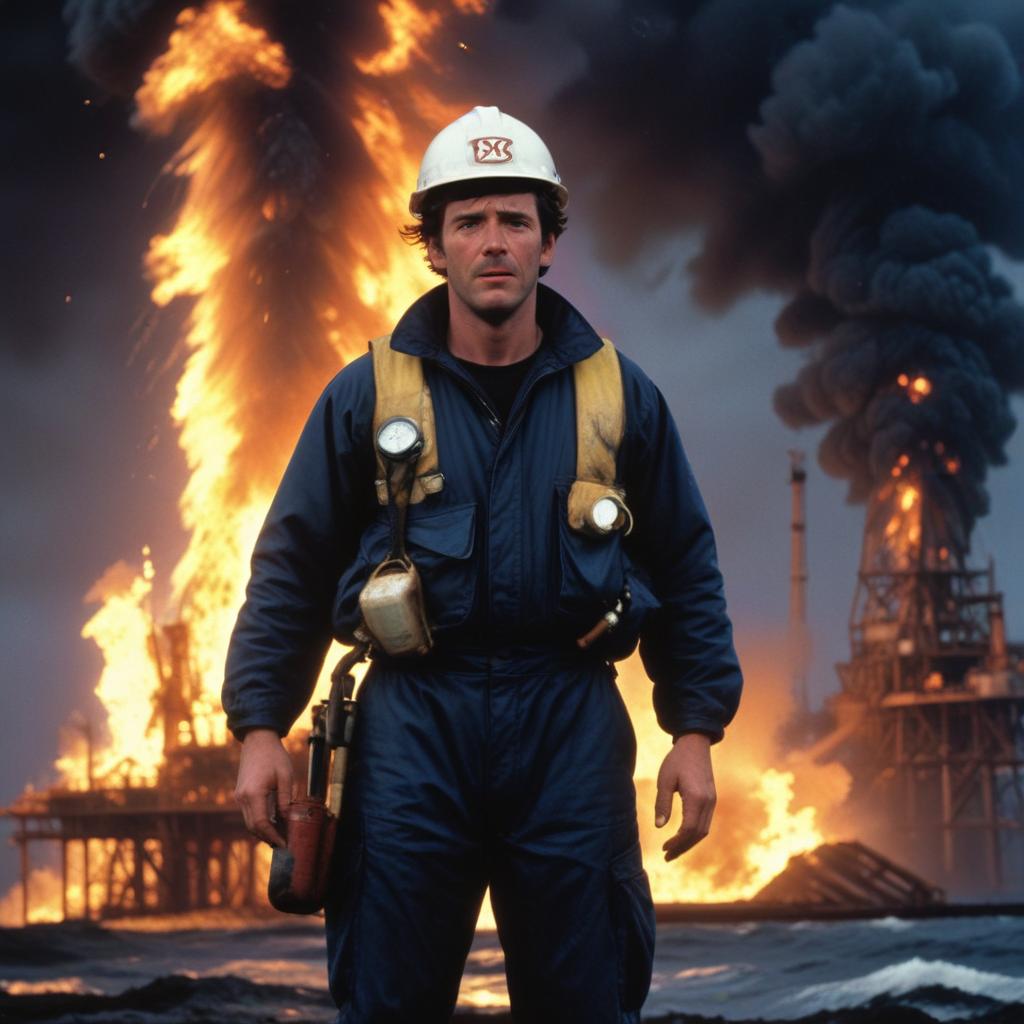Joe Meanen recounts his harrowing escape from the Piper Alpha oil platform disaster in 1988, where he jumped 175ft into the North Sea to survive the explosions and fire that killed 167 people. He details the initial blast, failed safety protocols, the desperate decision to jump, and the long-term impact on his life.
The article details Joe Meanen's terrifying experience during the Piper Alpha oil platform disaster on July 6, 1988, which claimed 167 lives. Meanen, a scaffolder, was enjoying a cinema night when a non-operational gas pump, missing a safety valve, was erroneously activated and ignited, causing the first catastrophic explosion. The platform was undergoing upgrades but remained operational, and Meanen had noted a persistent smell of gas. Following the initial blast, all alarms failed, and communication systems were destroyed, leaving crew members without guidance. Meanen attempted to reach his designated lifeboat but was thwarted by intense, acrid smoke. He separated from his roommates, two of whom, including a father-to-be, he never saw again. He initially sought refuge in a designated safe galley with about 100 men, but as the platform groaned and disintegrated around them, he decided to move to the helideck with others, hoping for rescue. Six men chose to remain in the galley and later perished when it collapsed into the sea. On the helideck, Meanen and 13 others realized no helicopters could land amidst the inferno. A second major explosion, caused by a gas pipe from a neighboring platform bursting from the heat, prompted Meanen to make a desperate decision: jump 175ft into the North Sea. During his six-second fall, he sustained burns from the intense heat. He swam to the surface, found a lifejacket, and used a piece of a lifeboat to stay afloat before being rescued. Only five of the 14 men from the helideck survived. Meanen recovered from his burns, never returned offshore, and participated in the public inquiry which found Occidental Petroleum (OPCAL) responsible for inadequate safety procedures. He struggled with grief, particularly at Christmas that year, but later embraced sharing his story to honor the victims and advocate for improved offshore safety. He maintains annual meet-ups with fellow survivors and believes his physical scars aided his mental recovery. Now retired, he continues to speak at oil companies, emphasizing the importance of remembering the disaster to prevent future tragedies.



